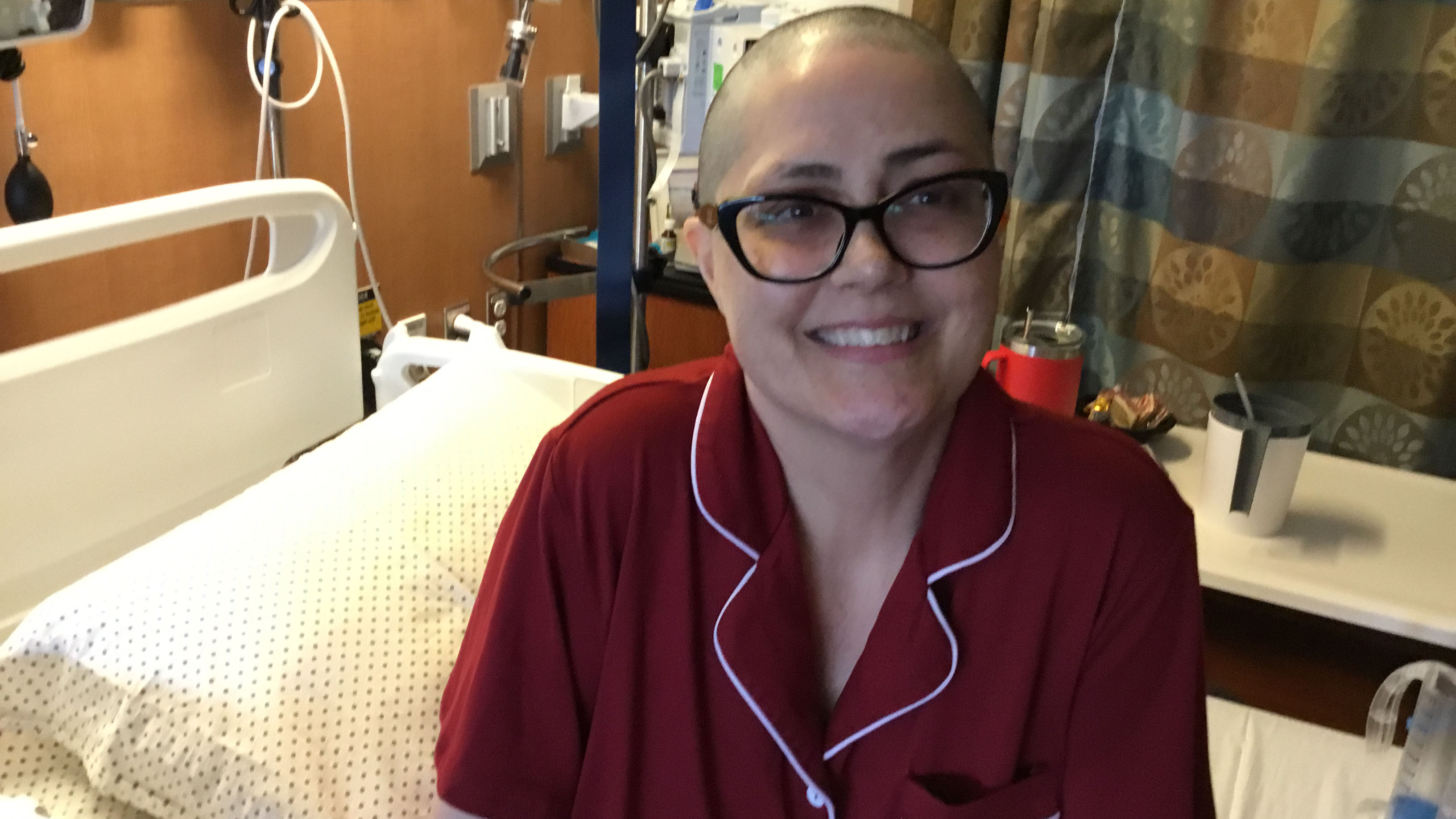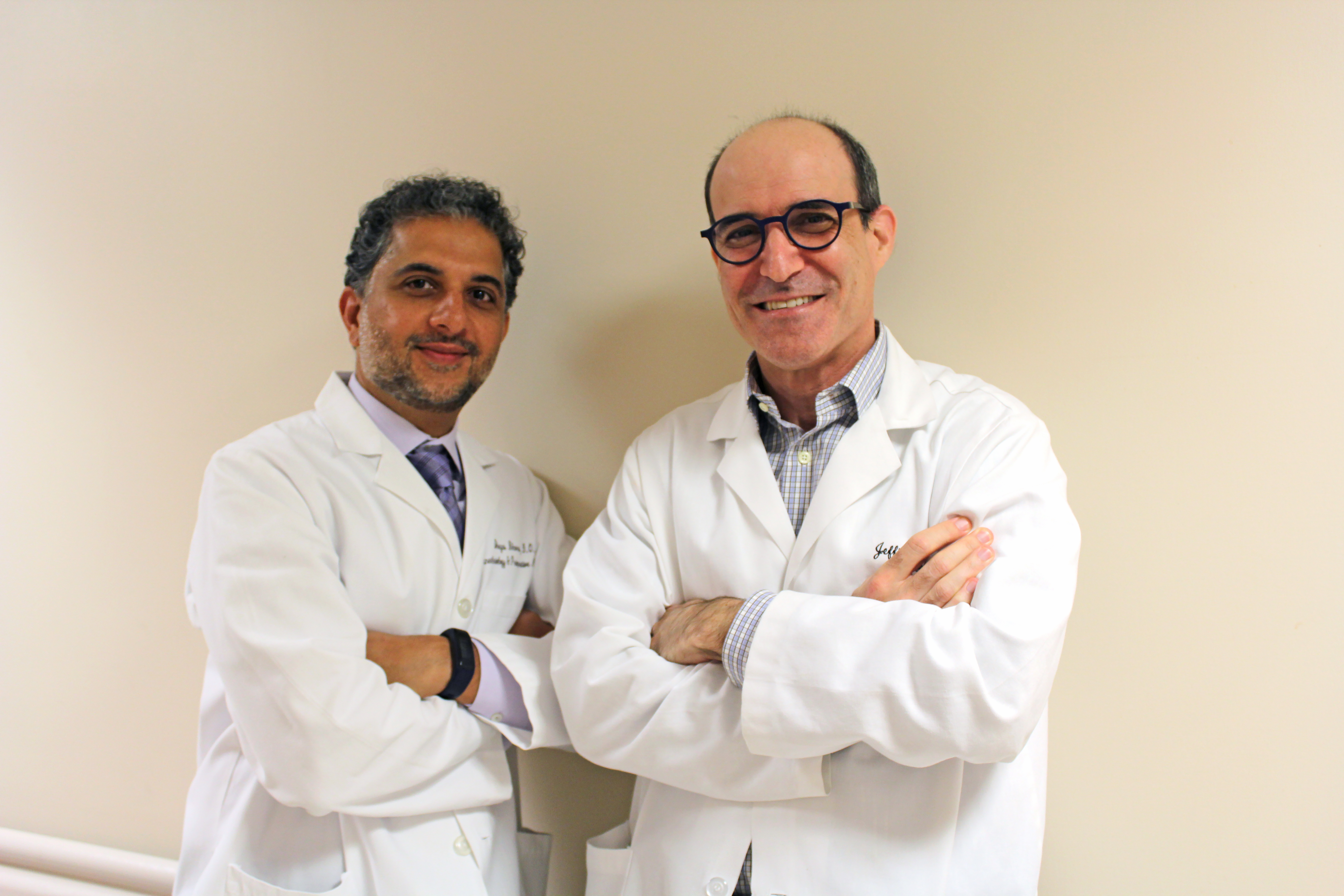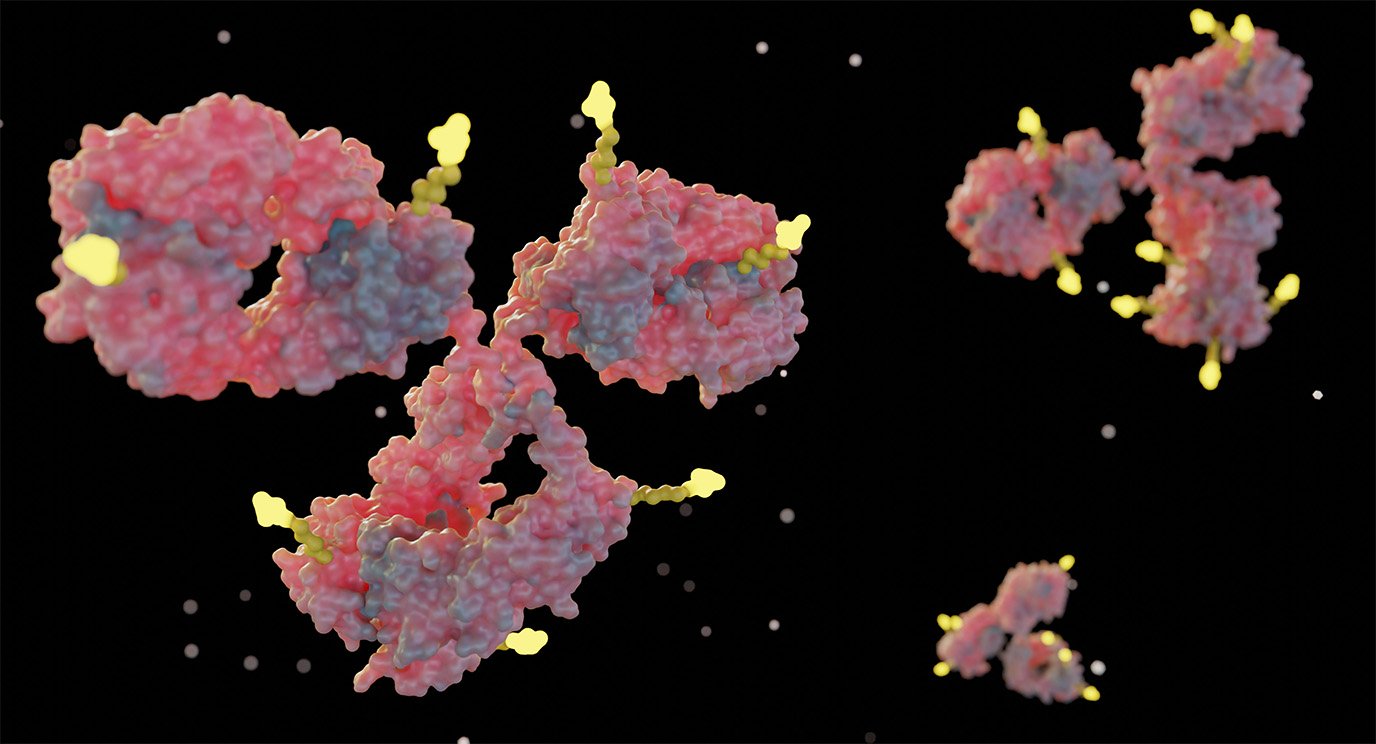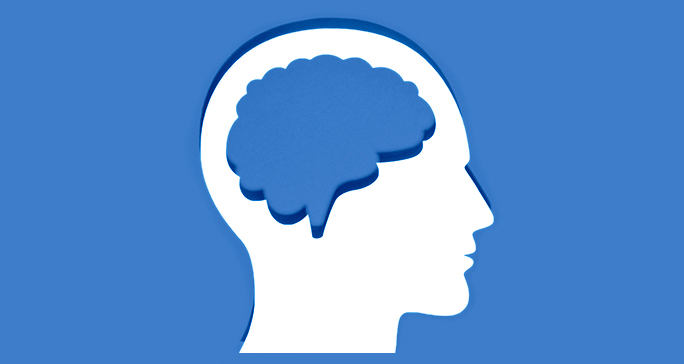- Diseases
- Acoustic Neuroma (14)
- Adrenal Gland Tumor (24)
- Anal Cancer (68)
- Anemia (2)
- Appendix Cancer (16)
- Bile Duct Cancer (26)
- Bladder Cancer (72)
- Brain Metastases (28)
- Brain Tumor (230)
- Breast Cancer (720)
- Breast Implant-Associated Anaplastic Large Cell Lymphoma (2)
- Cancer of Unknown Primary (4)
- Carcinoid Tumor (8)
- Cervical Cancer (158)
- Colon Cancer (166)
- Colorectal Cancer (114)
- Endocrine Tumor (4)
- Esophageal Cancer (44)
- Eye Cancer (36)
- Fallopian Tube Cancer (8)
- Germ Cell Tumor (4)
- Gestational Trophoblastic Disease (2)
- Head and Neck Cancer (8)
- Kidney Cancer (128)
- Leukemia (344)
- Liver Cancer (50)
- Lung Cancer (288)
- Lymphoma (284)
- Mesothelioma (14)
- Metastasis (30)
- Multiple Myeloma (100)
- Myelodysplastic Syndrome (60)
- Myeloproliferative Neoplasm (4)
- Neuroendocrine Tumors (16)
- Oral Cancer (100)
- Ovarian Cancer (174)
- Pancreatic Cancer (164)
- Parathyroid Disease (2)
- Penile Cancer (14)
- Pituitary Tumor (6)
- Prostate Cancer (146)
- Rectal Cancer (58)
- Renal Medullary Carcinoma (6)
- Salivary Gland Cancer (14)
- Sarcoma (238)
- Skin Cancer (296)
- Skull Base Tumors (56)
- Spinal Tumor (12)
- Stomach Cancer (64)
- Testicular Cancer (28)
- Throat Cancer (92)
- Thymoma (6)
- Thyroid Cancer (96)
- Tonsil Cancer (30)
- Uterine Cancer (80)
- Vaginal Cancer (16)
- Vulvar Cancer (20)
- Cancer Topic
- Adolescent and Young Adult Cancer Issues (20)
- Advance Care Planning (10)
- Biostatistics (2)
- Blood Donation (18)
- Bone Health (8)
- COVID-19 (362)
- Cancer Recurrence (120)
- Childhood Cancer Issues (120)
- Clinical Trials (632)
- Complementary Integrative Medicine (24)
- Cytogenetics (2)
- DNA Methylation (4)
- Diagnosis (232)
- Epigenetics (6)
- Fertility (62)
- Follow-up Guidelines (2)
- Health Disparities (14)
- Hereditary Cancer Syndromes (126)
- Immunology (18)
- Li-Fraumeni Syndrome (8)
- Mental Health (118)
- Molecular Diagnostics (8)
- Pain Management (62)
- Palliative Care (8)
- Pathology (10)
- Physical Therapy (18)
- Pregnancy (18)
- Prevention (914)
- Research (398)
- Second Opinion (74)
- Sexuality (16)
- Side Effects (608)
- Sleep Disorders (10)
- Stem Cell Transplantation Cellular Therapy (216)
- Support (402)
- Survivorship (322)
- Symptoms (184)
- Treatment (1790)
4 reasons I volunteer at MD Anderson
BY Peggy Pellon
3 minute read | Published January 04, 2018
Medically Reviewed | Last reviewed by an MD Anderson Cancer Center medical professional on January 04, 2018
Ten years ago, I completed my first shift as an inpatient volunteer at MD Anderson’s Texas Medical Center Campus. For the past six years I’ve been volunteering at MD Anderson in The Woodlands, where I focus on making patients and caregivers more comfortable and helping staff members sort mail, make coffee for patients and pass out hats, pillows and blankets. I also chat with patients and caregivers while they wait for their appointments.
Here are four reasons why I volunteer at MD Anderson every week.
MD Anderson stands out from other hospitals
I became passionate about MD Anderson’s mission after a few close family members and friends were diagnosed with cancer. Since MD Anderson is focused exclusively on cancer, they offer many more cancer-focused experts and resources than other hospitals. MD Anderson doctors see more types of cancers in a day than many doctors will treat in an entire career.
Volunteering here helps me give back to this amazing cancer center and contribute to my local community. People often ask me, “Isn’t MD Anderson the most depressing place to volunteer?” Honestly, that couldn’t be further from the truth. MD Anderson is the reason my family members are living fulfilling, cancer-free lives. It’s a place of hope, where patients and caregivers are very thankful for the care they’re receiving.
I get to share my knowledge with patients
When I was a caregiver, I really valued advice from other people who’d been in my shoes. As a volunteer, I can pay it forward and share my experiences with new patients and other caregivers. I like to encourage them to remain proactive in the treatment process and remind them to use the time they have between appointments to relax. And because MD Anderson has so many resources to address everything from physical and emotional side effects to financial and spiritual support, I try to educate newcomers about all the services available to them.
The sense of fulfillment never ends
I worked as a registered nurse for many years and interacted with patients daily as part of their treatment or hospitalization. Volunteering at MD Anderson gives me the opportunity to talk to patients without worrying about nursing tasks. Both the patients and staff are all so grateful for everything we volunteers do. If I can help patients pass the time or let them know that I care about them by simply passing out coffee, hats, pillows or blankets, then I go home feeling good about my contributions that day.
I get to spread hope
It’s hard to imagine the light at the end of the tunnel when you or a loved one has just been diagnosed with cancer. Having volunteers who are either caregivers or survivors is a great reminder that it’s possible to go on to live a very productive life after cancer. My family is living proof of that, and I love encouraging others to keep fighting so that they, too, can enjoy life after cancer … thanks to all the amazing people at MD Anderson.
Request an appointment at MD Anderson online or by calling 1-844-601-2295.
Related Cancerwise Stories

MD Anderson is the reason my family members are living fulfilling, cancer-free lives.
Peggy Pellon
Volunteer





